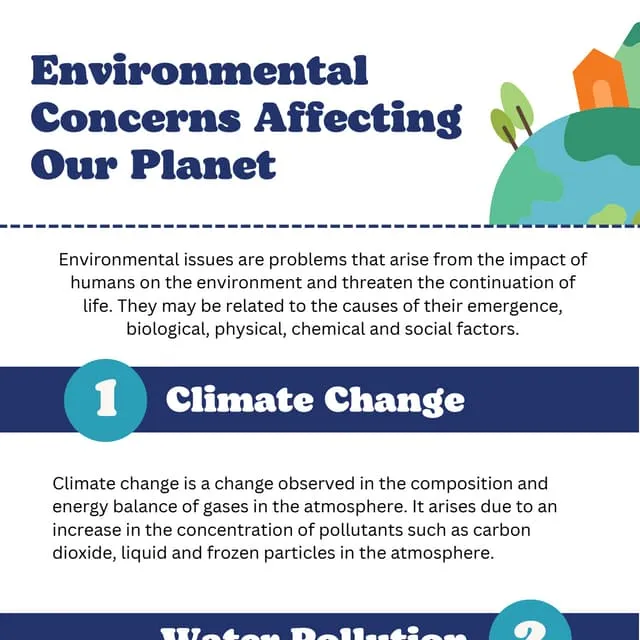The keto diet has gained immense popularity in recent years for its ability to promote weight loss and improve overall health. However, as more and more people adopt this high-fat, low-carb eating plan, concerns are being raised about its impact on the environment. From the production of high amounts of greenhouse gases to the unsustainable use of resources, the keto diet is having a significant effect on the planet. In this article, we will take a closer look at the environmental consequences of the keto diet and explore how individuals can reduce their carbon footprint while following this eating plan.
The Environmental Impact of the keto diet
One of the primary concerns surrounding the keto diet is its reliance on animal products. The diet encourages the consumption of high amounts of meat, dairy, and eggs, which are all resource-intensive to produce. Livestock farming is a major contributor to greenhouse gas emissions, with cows and sheep producing methane, a potent greenhouse gas that is significantly more harmful than carbon dioxide. In addition, the production of animal products requires vast amounts of water, land, and feed, further straining the planet’s resources.
Furthermore, the keto diet often promotes the consumption of grass-fed, organic, and free-range animal products, which have a higher environmental impact than conventionally raised counterparts. Grass-fed beef, for example, requires more land and water to produce than grain-fed beef, leading to increased deforestation and water scarcity. Additionally, the transportation of these specialty products can result in higher emissions due to longer distances traveled and the need for refrigeration.
Another environmental consequence of the keto diet is the depletion of fish stocks. The diet encourages the consumption of fatty fish like salmon, mackerel, and sardines, which are rich in omega-3 fatty acids. However, overfishing and unsustainable fishing practices have led to a decline in fish populations worldwide. This not only threatens marine ecosystems but also jeopardizes the livelihoods of millions of people who depend on fishing for their income and food security.
In addition to its reliance on animal products, the keto diet also has implications for food waste. The diet encourages the consumption of fresh, whole foods like meat, fish, vegetables, and nuts, which have a limited shelf life and are more susceptible to spoilage. This can lead to increased food waste as individuals may struggle to use up perishable items before they go bad. Food waste not only contributes to greenhouse gas emissions but also squanders valuable resources like water, energy, and land that are used in food production.
Ways to Reduce the Environmental Impact of the keto diet
Despite its environmental consequences, there are steps individuals can take to minimize the impact of the keto diet on the planet. Here are some strategies to consider:
1. Choose plant-based alternatives: Instead of relying solely on animal products, incorporate more plant-based foods into your keto diet. Foods like tofu, tempeh, seitan, and legumes are rich in protein and can help reduce the demand for meat and dairy. Opt for sustainable sources of plant-based protein, such as organic and locally grown products, to further lessen your environmental footprint.
2. Buy local and seasonal produce: Support local farmers by purchasing fruits and vegetables that are in season and grown close to home. This reduces the carbon emissions associated with long-distance transportation and supports the local economy. Look for farmers’ markets, community-supported agriculture (CSA) programs, and organic co-ops in your area to find fresh, locally sourced produce.
3. Reduce food waste: Plan your meals ahead of time, store leftovers properly, and use up ingredients before they spoil to minimize food waste. Consider freezing excess food, composting organic waste, and repurposing ingredients in creative ways to make the most of your resources. By reducing food waste, you can lower your carbon footprint and save money in the process.
4. Choose sustainable seafood: If you enjoy eating fish on the keto diet, opt for sustainably sourced seafood that is certified by organizations like the Marine Stewardship Council (MSC) or Seafood Watch. Look for labels indicating that the fish was caught or farmed using environmentally friendly practices, such as avoiding overfished species, minimizing bycatch, and reducing habitat destruction.
5. Practice mindful eating: Be conscious of your food choices and their impact on the environment. Consider the sustainability of the ingredients you use, the packaging of the products you buy, and the overall ecological footprint of your diet. By making informed decisions and supporting environmentally responsible practices, you can help protect the planet for future generations.
Frequently Asked Questions about the Environmental Impact of the keto diet
Q: Can the keto diet be sustainable for the planet?
A: While the keto diet can be challenging from an environmental perspective due to its reliance on animal products, there are ways to make it more sustainable. By choosing plant-based alternatives, buying local and seasonal produce, reducing food waste, selecting sustainable seafood, and practicing mindful eating, individuals can minimize the environmental impact of the keto diet.
Q: How does the keto diet compare to other diets in terms of sustainability?
A: The keto diet is not inherently more or less sustainable than other diets, as its environmental impact depends on individual food choices and sourcing practices. Diets that emphasize plant-based foods, locally sourced ingredients, and sustainable farming methods tend to have a lower environmental footprint than those that rely heavily on animal products, processed foods, and long-distance imports.
Q: What are some eco-friendly keto-friendly foods?
A: Plant-based foods like tofu, tempeh, seitan, legumes, nuts, seeds, and non-starchy vegetables are eco-friendly options for the keto diet. These foods are rich in protein, healthy fats, and fiber, and can help reduce the demand for animal products and minimize the environmental impact of your eating plan.
Q: How can I reduce my carbon footprint while following the keto diet?
A: To reduce your carbon footprint on the keto diet, consider choosing plant-based alternatives, buying local and seasonal produce, reducing food waste, selecting sustainable seafood, and practicing mindful eating. These strategies can help you make more environmentally friendly food choices and support sustainable practices that benefit the planet.
In conclusion, the keto diet has both health benefits and environmental consequences that individuals should consider when following this eating plan. By making conscious choices about the foods they eat, where they source their ingredients, and how they manage food waste, individuals can reduce their impact on the planet while still enjoying the benefits of the keto diet. By adopting sustainable practices and supporting eco-friendly initiatives, individuals can help protect the environment and create a more sustainable future for themselves and future generations.


